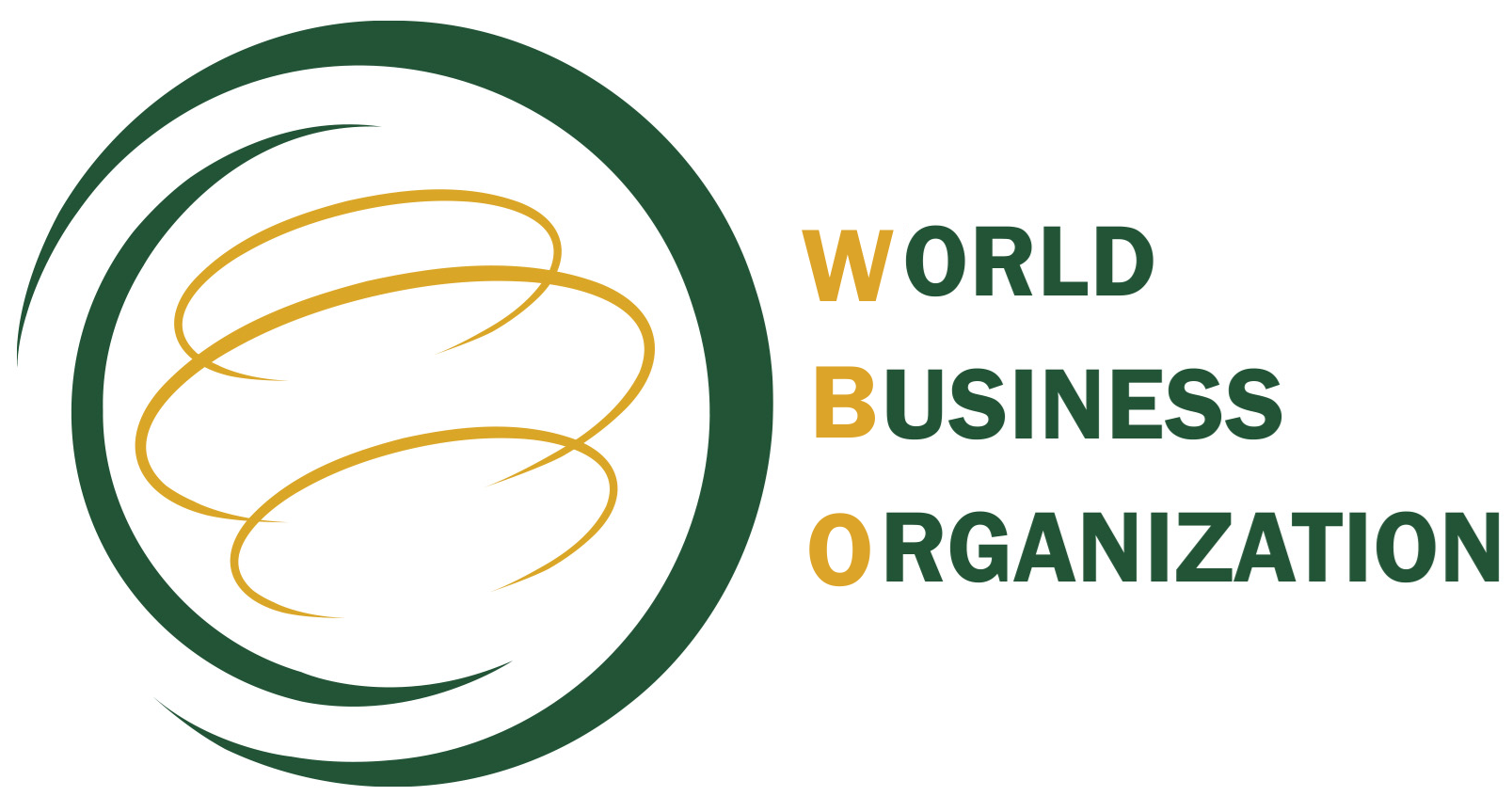Standards and Compliance: Rules of the WBO

General Governance :
1. Global Compliance Law: All operations must comply with the legal frameworks of the countries in which they operate.
2. Ethical Conduct Law: All employees and partners must adhere to the highest ethical standards in all dealings.
3. Anti-Corruption Law: No form of bribery or corruption is tolerated, and strict penalties apply for violations.
4. Transparency Law: All financial dealings, reports, and communications must be transparent and open to audits.
5. Diversity and Inclusion Law: The organization must promote diversity and inclusion across all levels and operations.
6. Conflict of Interest Law: Employees must disclose any personal or financial interests that could conflict with their duties.
7. Data Protection Law: All personal and sensitive data must be protected according to the highest international standards.
8. Anti-Money Laundering Law: The organization must implement procedures to prevent money laundering activities.
9. Whistleblower Protection Law: Protect individuals who report unethical or illegal activities within the organization.
10. Sustainability Law: The organization must actively work to minimize its environmental impact and promote sustainability.
Operational Laws :
11. Business Continuity Law: The organization must have plans in place to ensure operations can continue during disruptions.
12. Risk Management Law: Comprehensive risk management strategies must be developed and maintained.
13. Quality Assurance Law: All services provided must meet a defined standard of quality.
14. Customer Rights Law: Customers are entitled to clear information, fair treatment, and the ability to raise complaints.
15. Supplier Responsibility Law: Suppliers and partners must comply with the organization’s standards and ethics.
16. Intellectual Property Law: The organization must protect its intellectual property and respect the intellectual property of others.
17. Service Level Agreement Law: All service agreements must clearly define the scope, expectations, and deliverables.
18. Non-Disclosure Agreement Law: Confidential information must be protected through binding non-disclosure agreements.
19. Professional Development Law: The organization must provide ongoing professional development opportunities for its employees.
20. Employee Health and Safety Law: The organization must ensure a safe and healthy working environment.
Educational Services :
21. Accreditation Law: Educational programs must be accredited by relevant bodies to ensure quality and recognition.
22. Equal Access Law: Educational opportunities must be provided without discrimination based on race, gender, age, or disability.
23. Academic Integrity Law: Educational services must uphold academic integrity and prevent fraud and plagiarism.
24. Student Privacy Law: Personal information of students must be protected and not disclosed without consent.
25. Inclusive Education Law: Programs must be designed to be accessible to individuals with diverse learning needs.
26. Certification Law: All certifications issued must meet industry standards and be recognized globally.
27. Curriculum Development Law: Curriculum must be regularly reviewed and updated to reflect current industry standards and practices.
28. Faculty Qualifications Law: Instructors and trainers must possess the necessary qualifications and expertise.
29. Continuous Improvement Law: Educational services must be continually improved based on feedback and new research.
30. Digital Learning Law: Online and digital learning platforms must be secure, accessible, and user-friendly.
Commercial Services :
32. Market Research Law: All market research activities must respect privacy and be conducted ethically.
35. Contract Law: All commercial contracts must be clear, legally binding, and fair to all parties involved.
36. Advertising Law: All advertising must be truthful, non-deceptive, and compliant with local regulations.
37. Product Liability Law: The organization is responsible for the safety and efficacy of the products and services it provides.
38. Customer Support Law: The organization must provide accessible and effective customer support.
39. Refund and Return Policy Law: Clear and fair policies must be in place for refunds, returns, and exchanges.
40. Export Compliance Law: All international sales must comply with export control regulations.
Consulting Services :
42. Due Diligence Law: Consultants must perform thorough due diligence before providing advice or recommendations.
43. Impartiality Law: Consulting services must be provided impartially, without bias or conflicts of interest.
44. Evidence-Based Practice Law: Recommendations must be based on current, reliable evidence and industry best practices.
45. Outcome Accountability Law41. Client Confidentiality Law: Client information must be kept confidential and only used for the purpose it was provided.
42. Due Diligence Law: Consultants must perform thorough due diligence before providing advice or recommendations.
43. Impartiality Law: Consulting services must be provided impartially, without bias or conflicts of interest.
44. Evidence-Based Practice Law: Recommendations must be based on current, reliable evidence and industry best practices.
45. Outcome Accountability Law*: The organization is accountable for the outcomes of its consulting services and must address any adverse impacts.
